Phenytoin Information
Pronunciation
FEN i toyn
What is this drug used for?
– It is used to help control certain kinds of seizures.
– It may be given to you for other reasons. Talk with the doctor.
Frequently reported side effects of this drug
– Fatigue
– Headache
– Anxiety
– Trouble sleeping
– Constipation
– Vomiting
– Change in taste
– Nausea
Other side effects of this drug: Talk with your doctor right away if you have any of these signs of:
– Infection
– Stevens-Johnson syndrome/toxic epidermal necrolysis like red, swollen, blistered, or peeling skin (with or without fever); red or irritated eyes; or sores in mouth, throat, nose, or eyes
– Depression like thoughts of suicide, anxiety, emotional instability, agitation, irritability, panic attacks, mood changes, behavioral changes, or confusion
– High blood sugar like confusion, fatigue, increased thirst, increased hunger, passing a lot of urine, flushing, fast breathing, or breath that smells like fruit
– Change in balance
– Abnormal gait
– Confusion
– Slurred speech
– Gingival pain or swelling
– Severe muscle pain
– Abnormal movements
– Twitching
– Trouble swallowing
– Trouble speaking
– Severe loss of strength and energy
– Seizures
– Burning or numbness feeling
– Bruising
– Bleeding
– Bone pain
– Involuntary eye movements
– Tremors
– Swollen glands
– Fever
– Rash
– Chest pain
– Unable to pass urine
– Change in amount of urine passed
– Liver problems like dark urine, fatigue, lack of appetite, nausea, abdominal pain, light-colored stools, vomiting, or yellow skin
– Fast heartbeat
– Slow heartbeat
– Abnormal heartbeat
– Severe dizziness
– Passing out
– Severe injection site redness, swelling, pain, or irritation
– Skin discoloration
– Signs of a significant reaction like wheezing; chest tightness; fever; itching; bad cough; blue skin color; seizures; or swelling of face, lips, tongue, or throat.
Medication Safety Issues
Sound-alike/look-alike issues:
Phenytoin may be confused with phenelzine, phentermine, PHENobarbital
Dilantin may be confused with Dilaudid, dilTIAZem, Dipentum
International issues:
Dilantin [US, Canada, and multiple international markets] may be confused with Dolantine brand name for pethidine [Belgium]
Storage and Stability
Capsule, tablet: Store at 20?C to 25?C (68?F to 77?F). Protect capsules from light. Protect capsules and tablets from moisture.
Oral suspension: Store at 20?C to 25?C (68?F to 77?F); do not freeze. Protect from light.
Solution for injection: Store at 15?C to 30?C (59?F to 86?F). Use only clear solutions free of precipitate and haziness; slightly yellow solutions may be used. Precipitation may occur if solution is refrigerated and may dissolve at room temperature. Discard any unused product.
Adverse Reactions
Cardiovascular: Cardiac arrhythmia, cardiac conduction disturbance (depression), circulatory shock, hypotension, ventricular fibrillation
Central nervous system: Ataxia, cerebral atrophy (elevated serum levels and/or long-term use), cerebral dysfunction (elevated serum levels and/or long-term use), confusion, dizziness, drowsiness, headache, insomnia, nervousness, paresthesia, peripheral neuropathy (associated with chronic treatment), slurred speech, suicidal ideation, suicidal tendencies, twitching, vertigo
Dermatologic: Bullous dermatitis, exfoliative dermatitis, morbilliform rash, scarlatiniform rash, skin or other tissue necrosis, skin rash
Endocrine & metabolic: Decreased T4, increased gamma-glutamyl transferase, vitamin D deficiency (associated with chronic treatment)
Gastrointestinal: Constipation, dysgeusia, gingival hyperplasia, nausea, swelling of lips, vomiting
Genitourinary: Peyronie’s disease
Hematologic & oncologic: Macrocytosis, megaloblastic anemia, pseudolymphoma, purpuric dermatitis
Hepatic: Acute hepatic failure, hepatic injury, hepatitis, increased serum alkaline phosphatase, toxic hepatitis
Local: Injection site reaction (“purple glove syndrome;” edema, discoloration, and pain distal to injection site), local inflammation, local irritation, localized tenderness, local tissue necrosis
Neuromuscular & skeletal: Osteomalacia
Ophthalmic: Nystagmus
Miscellaneous: Fever, tissue sloughing

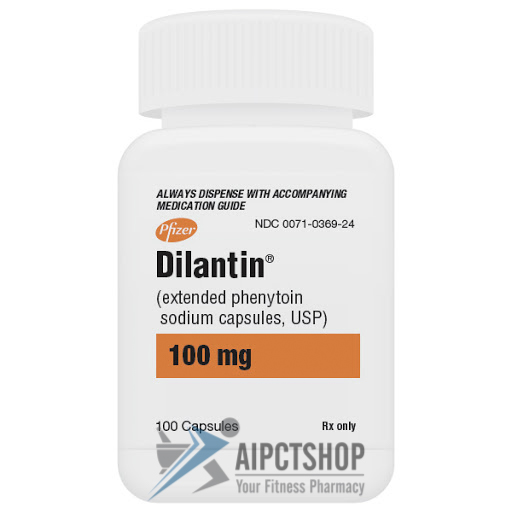
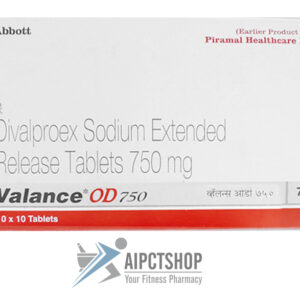
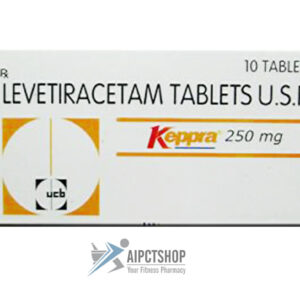

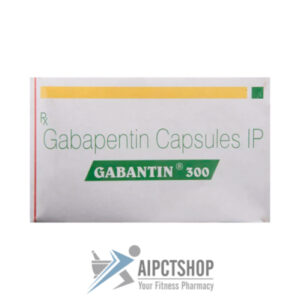

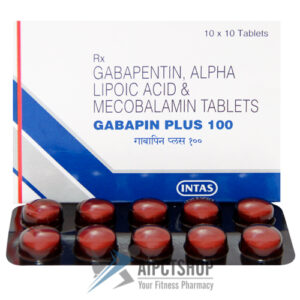

Reviews
There are no reviews yet